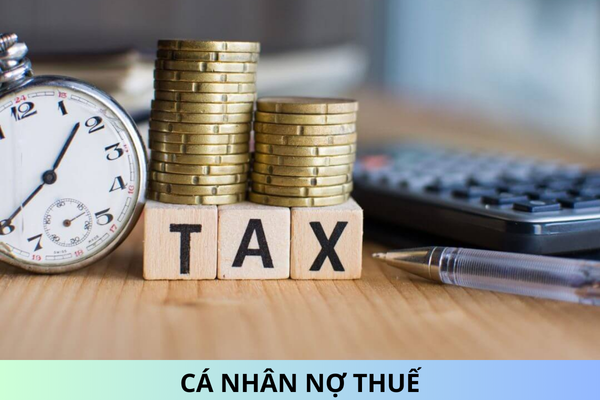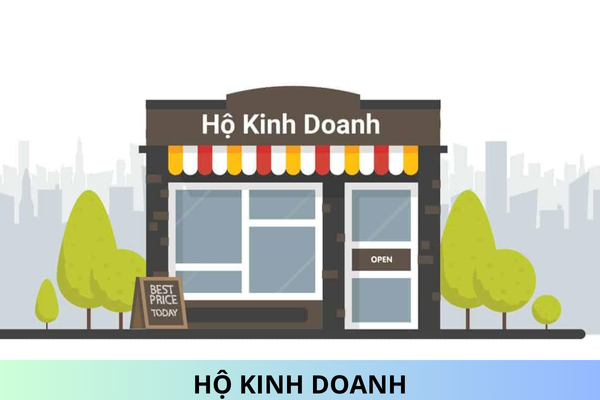In which cases is an electronic invoice in Vietnam not required to have the buyer's name, address, and tax identification number?
In which cases is an electronic invoice in Vietnam not required to have the buyer's name, address, and tax identification number? - Question from Ms. Quyen (Long An).
In which cases is an electronic invoice in Vietnam not required to have the buyer's name, address, and tax identification number?
Pursuant to Clause 14.c, d, dd, h, Article 10 of the Decree 123/2020/NĐ-CP stipulating cases in which an electronic invoice in Vietnam is not required to have the buyer's name, address, and tax identification number as follows:
- The e-invoice issued by a supermarket or shopping mall to a non-business
- E-invoices for sale of oil and gas to non-business individuals.
- E-invoices in the form of stamps, tickets or cards.
- Electronic air tickets issued via websites and e-commerce systems to buyers that are non-business individuals following international practices do not necessarily bear the reference number, form number and number of the invoice, VAT rate, the buyer’s TIN and address, and the seller’s digital signature.
- Invoices for interline payment between airliners issued in accordance with regulations of the International Air Transport Association (IATA).
What are prohibited acts related to invoices and records in Vietnam?
Pursuant to Article 5 of the Decree 123/2020/NĐ-CP stipulating prohibited acts related to invoices and records in Vietnam as follows:
- For tax officials:
+ Disturb or cause difficulties to organizations/individuals buying invoices/records;
+ Protect or enter into collusion with organizations/individuals to use illegal invoices/records;
+ Take bribes when carrying out invoice-related inspections.
- For goods sellers, service providers, organizations and individuals with related rights and obligations:
+ Perform deceitful acts such as use of illegal invoices or illegal use of invoices;
+ Obstruct tax officials in performing their tasks, including acts of obstruction that harm the health or dignity of tax officials who are performing invoice/record-related inspections;
+ Illegally access, falsify or destroy invoice/record information systems;
+ Give bribes or perform other invoice/record-related acts for obtaining illegal benefits.
Is it permissible to use abbreviation or Vietnamese without diacritics when writing buyers' information?
Pursuant to Clause 5 and 13, Article 10 of the Decree 123/2020/NĐ-CP stipulating contents of invoices as follows:
Contents of invoices
5. The buyer’s name, address and TIN
a) If the buyer is a business establishment that has a TIN, the buyer’s name, address and TIN shall be written on the invoice shall be same as those written on the certificate of enterprise registration, certificate of branch registration, certificate of household business registration, taxpayer registration certificate, TIN notification, investment registration certificate, or certificate of cooperative registration.
If the buyer’s name or address is too long, the seller may shorten some common nouns (such as P instead of “Phường” (ward), Q instead of “Quận” (district), TP instead of “Thành Phố” (city), TNHH instead of “Trách nhiệm Hữu hạn" (limited liability), KCN instead of “khu công nghiệp” (industrial park), SX instead of “sản xuất” (manufacturing/ production), CN instead of “Chi nhánh” (branch), etc.) as long as the house number, names of the street, ward, district, city, name of the company are written and conformable with business registration or tax registration of the company.
...
13. Text, numbers and currencies on invoices:
a) The text on an invoice must be written in Vietnamese language. If foreign language text is necessary, it must be placed between parentheses ( ) or next to the Vietnamese text, in which case it must be smaller than the Vietnamese text. If the text has to be written in Vietnamese without diacritics, it must not cause the readers to misunderstand its contents.
...
As regulations above, abbreviation or Vietnamese without diacritics are allowed to write following buyers' information:
- Some common nouns (such as P instead of “Phường” (ward), Q instead of “Quận” (district), TP instead of “Thành Phố” (city), "Việt Nam" (Vietnam)).
- Some common nouns (such as TNHH instead of “Trách nhiệm Hữu hạn" (limited liability), KCN instead of “khu công nghiệp” (industrial park), SX instead of “sản xuất” (manufacturing/ production), CN instead of “Chi nhánh” (branch))
- If the text has to be written in Vietnamese without diacritics, it must not cause the readers to misunderstand its contents.
Best regards!











